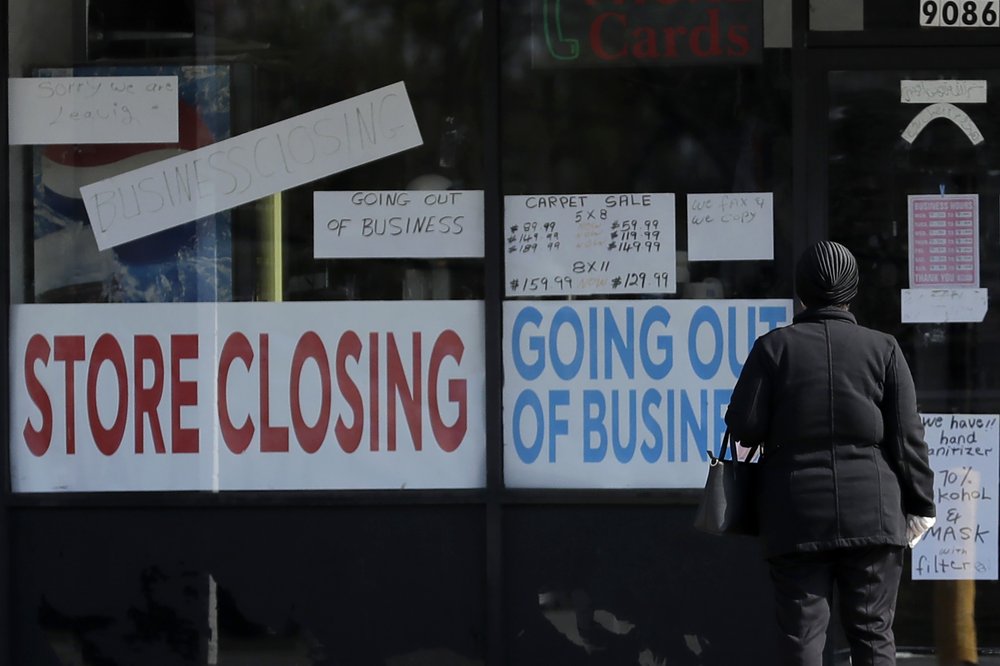by Jared Evan
Since April millions of unemployed Americans have been receiving enhanced benefits of $600 in addition to their regular claim weekly , as part of the $2.2 trillion stimulus package CARES Act passed in March, and at the end of July it’s set to expire.
Given that approximately 10% to 15% of U.S. GDP is driven by consumption, allowing those benefits to expire will strip more than 20 million Americans of a total of nearly $842 billion to spend, according to data released by the Bureau of Economic Analysis, a U.S. government agency that provides official macroeconomic and industry statistics, Market Watch reported.
While recently 1.5 million new people filed for unemployment in Mid June, the number is still around 21 million unemployed as some have returned to work.
The argument against extending the benefits is essentially people will remain unemployed as long as the extra $600 is part of their weekly claims, because many are receiving more than they would normally make while working.
“You want to help people, but you also want the economy to recover,” says Weidinger. “The recovery will be slower, and people will be less likely to recover if the bonuses continue.”, Matt Weidinger, a Rowe Fellow in Poverty Studies at the right-leaning American Enterprise Institute who studies unemployment insurance told CNBC.
Josh Bivens, director of research at the Economic Policy Institute argued in favor of the bonus unemployment by pointing out “When the economy’s growth is demand-constrained, anything that keeps households from cutting back on spending actually supports growth,” he said. “Cutting off a policy support that helps households maintain spending is a terrible idea, both for these households’ welfare and for macroeconomic stabilization.”
Keeping the supplemental $600 in place through the middle of next year “would provide an average quarterly boost to GDP of 3.7% and employment of 5.1 million workers,” Bivens predicted, using the Bureau of Economic Analysis data, Bivens concluded when explain his view to Market Watch.
The argument on behalf of those favoring the extension is that the extra spending money from the unemployed, will keep more from getting laid off by adding to the GDP conversely The nonpartisan Congressional Budget Office recently released a report that concluded “the extension of the additional $600 per week would probably reduce employment in the second half of 2020, and it would reduce employment in calendar year 2021.”
CNBC reported: Ending the benefits now would be a “terrible idea,” Arindrajit Dube, an economics professor at the University of Massachusetts Amherst, said in a tweet. Many households have already spent the one-time stimulus check they received, and unemployment is expected to remain high through 2021. Without the extra $600, benefits will revert to the standard state amount, which averaged $378 per week in March. That is a sudden income reduction of 60%, without another stimulus check to fall back on.
There are many fields which have not returned. Most working in hospitality, tourism and live events will be out of work for months on end. In NYC Broadway remains closed, across the nation, hotels are empty, restaurants are still operating at partial capacity, there are no concerts, sporting events scheduled to occur with spectators for the foreseeable future.
As of press, no finalization as to the unemployment has been reached, many Republicans are sternly against it, and with millions still out of work, especially in the fields still shut down because of the pandemic, this might not sit well with voters.





